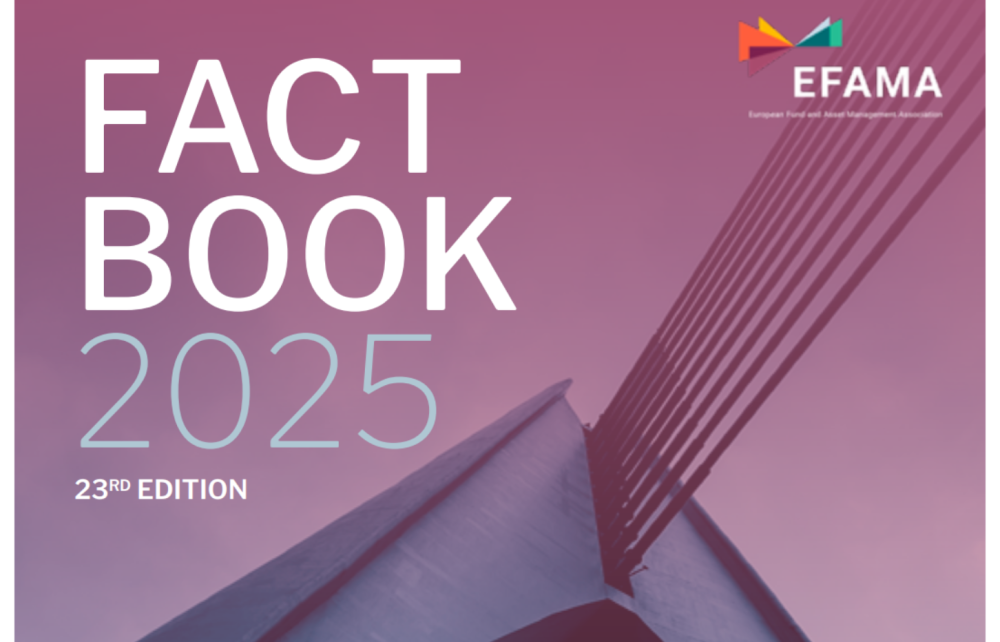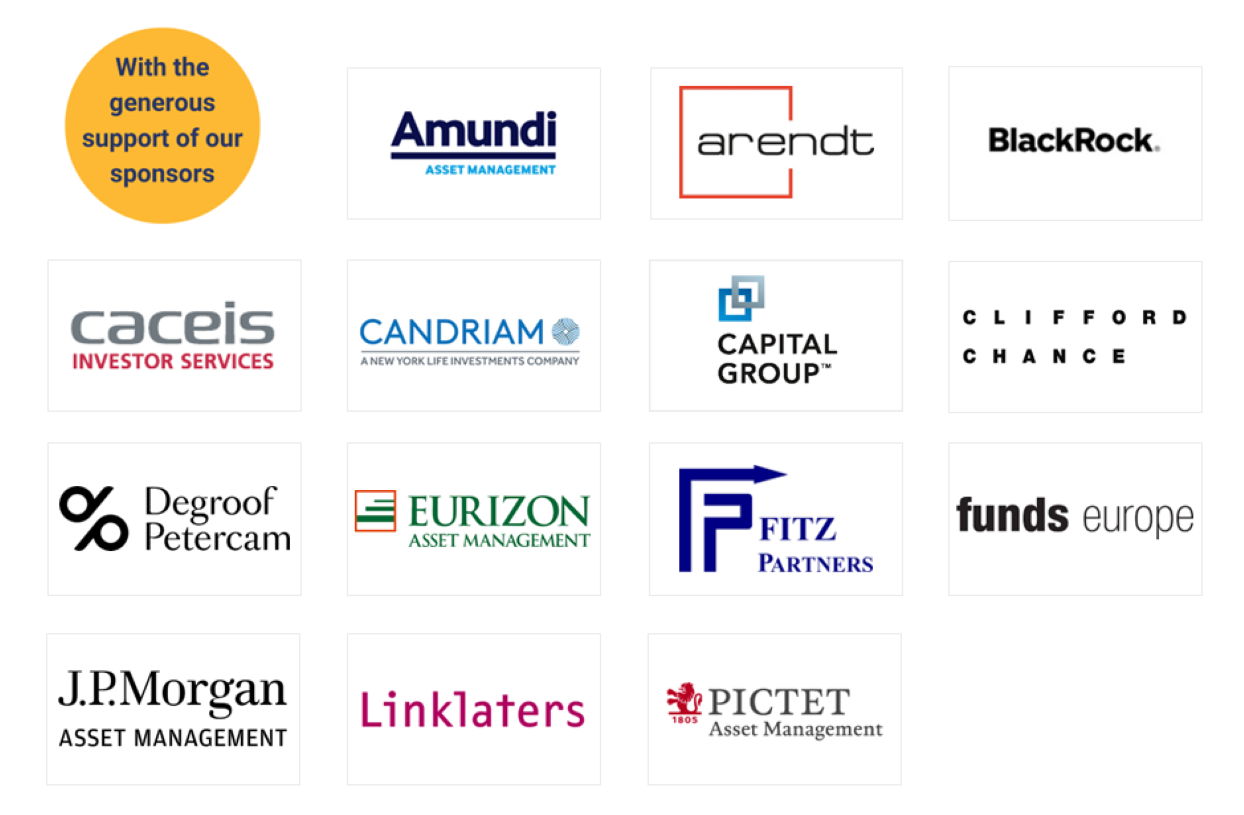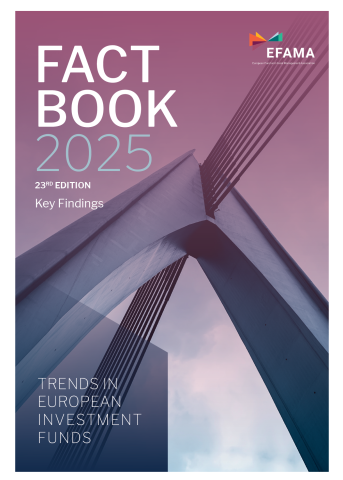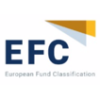The asset management industry recognises the much-needed adoption of mandatory European sustainability reporting standards under the Corporate Sustainability Reporting Directive (CSRD) proposal. Insufficient availability of meaningful, comparable, reliable, and public Environmental, Social and Governance (ESG) data is a key impediment to realising the full potential of the EU's sustainable finance regulatory framework. Financial market participants' sustainable investments need to be driven by real, verifiable and reported ESG metrics of company's activities and financial risks.
Asset Management in Europe
EFAMA's 17th edition of its ‘Asset Management in Europe’ report provides an in-depth analysis of recent trends in the European asset management industry.
Data on many different facets of the industry are covered, including:
- Total assets under management in Europe, covering investment funds and discretionary mandates
- The role of asset managers in Society and the Economy, including serving investors' needs and engaging with investee companies.
- Industry clients: at both European and country levels, including domestic and foreign clients.
- Asset allocation in Europe of investment funds and mandates, including ESG assets
- Industry organisation, such as market concentration, industry profitability and employment




























































